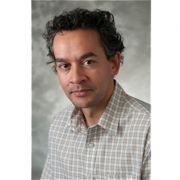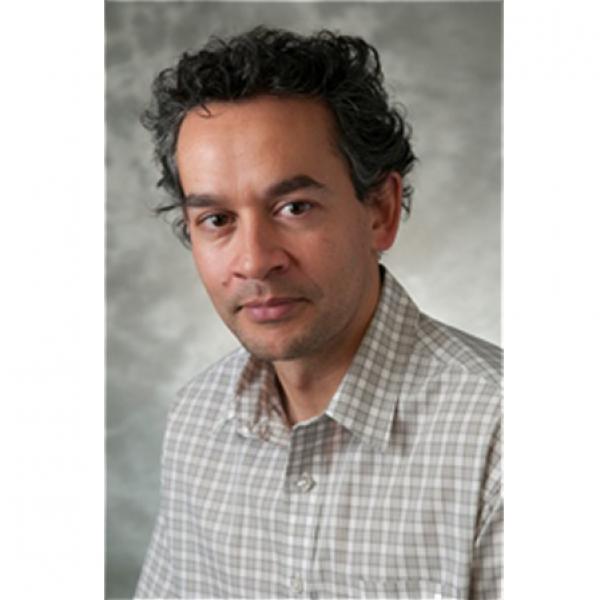HAR6168: Introduction to Health Economics
The Introduction to Health Economics module is led by Allan Wailoo. It runs in the Autumn semester and is worth 15 credits.
On this page:
Module description
This module is concerned with understanding the key elements in the theory of health economics.
Students are introduced to some of the key principles and tools of microeconomics which are then used to examine the peculiarities of the market for health care. In particular, the module focuses on how the market for health care 'fails' and what the implications are for consumption, production and distribution.
Students are encouraged to critically appraise the alternative approaches to overcoming some of these market failures.
Objectives
By the end of the module, a student will be able to:
- Describe and apply core microeconomic concepts to health and healthcare
- Describe the key issues in health economics
- Describe the rationale for performing economic evaluation and the economic principles that underpin it
Teaching
This module can also be taken as part of the following courses:
Informal lectures will provide the majority of the contact hours with lecturers (10 x 2 hours) covering learning outcomes LO1 to LO3. The lectures will be interspersed with exercises to be conducted in small groups and tutorials (5 x 1 hour) which will be led by students.
Students will also be expected to undertake 123 hours of independent study, including preparation for tutorials, preparation for assignments and further recommended reading. These learning and teaching methods will reinforce learning outcomes.
Students will be provided with oral feedback on formative assessment (ie structured exercises) before assignments are set and before the examination period; this feedback will not be documented.
For this 15-credit module, the international convention indicates a nominal 150 study hours. Therefore, approximately 125 hours are expected for self-study which includes carrying out exercises, supplementary reading, preparing the tutorial presentation, completing coursework, revising for and taking the examination. Attendance at lectures and tutorials.
Merely attending the taught sessions is unlikely to give you sufficient knowledge to pass the module assignment and exam or, more importantly, understand the research findings presented to you.
Fees and funding
You can find out more about fees and funding for CPD modules in the School of Medicine and Population Health at the link below. We accept sponsored as well as self-funding students.
How to apply
Find out what you need to do to apply for a CPD module in the School of Medicine and Population Health.
Contact
For more information on this module, speak to the lead academic:
The content of our courses is reviewed annually to make sure it is up-to-date and relevant. Individual modules are occasionally updated or withdrawn. This is in response to discoveries through our world-leading research, funding changes, professional accreditation requirements, student or employer feedback, outcomes of reviews, and variations in staff or student numbers. In the event of any change we'll consult and inform students in good time and take reasonable steps to minimise disruption.
Information last updated:

International scholarships
We offer a generous package of financial support for international students, including undergraduate and postgraduate taught scholarships worth ÂŁ10,000 towards the annual tuition fee.
Applications are open for existing offer holders for programmes starting in autumn 2025.


